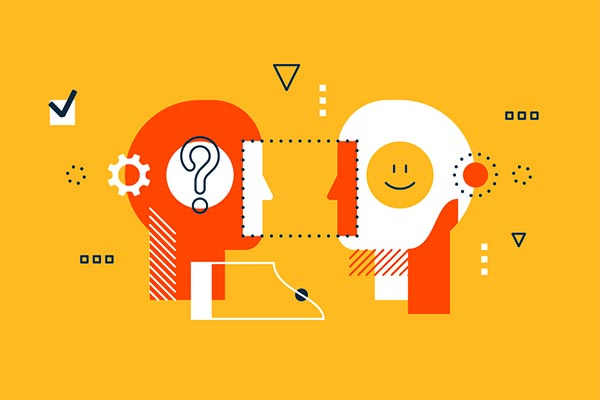Emotion-detection applications: built on outdated science?
Unique software applications that are built with the intention of reading emotion on faces have been utilized for critical applications such as security surveillance, hiring, and even clinical diagnosis. However, recent scientific report challenges the building of emotion-recognition software.

"It is not possible to confidently infer happiness from a smile, anger from a scowl or sadness from a frown, as much of current technology tries to do when applying what are mistakenly believed to be the scientific facts," a noted in the comprehensive research review.
The report was published in Psychological Science in the Public Interest--a journal of the Association for Psychological Science. In the report, the authors note the belief that there are six unique facial expressions: anger, sadness, happiness, disgust, fear, and surprise. However, in pulling data from 1,000 published findings on the science of facial expression, the results indicated that the typical study design does not capture the authenticity of in the real-life differences in how people show emotion.
Learn more on emotion recognition software technology:
"People scowl when angry, on average, approximately 25 percent of the time, but they move their faces in other meaningful ways when angry," explains author of the study, Lisa Feldman Barrett of Northeastern University. "They might cry, or smile, or widen their eyes and gasp. And they also scowl when not angry, such as when they are concentrating or when they have a stomach ache. Similarly, most smiles don't imply that a person is happy, and most of the time people who are happy do something other than smile."
Although the report brings broad implications for the FBI and the Transportation Security Administration, the study opens new doors on the psychological understanding of facial expressions.
"We thought this was an especially important issue to address because of the way so-called 'facial expressions' are being used in industry, educational and medical settings, and in national security," say Barrett and her co-authors.
Source: Psychological Science









